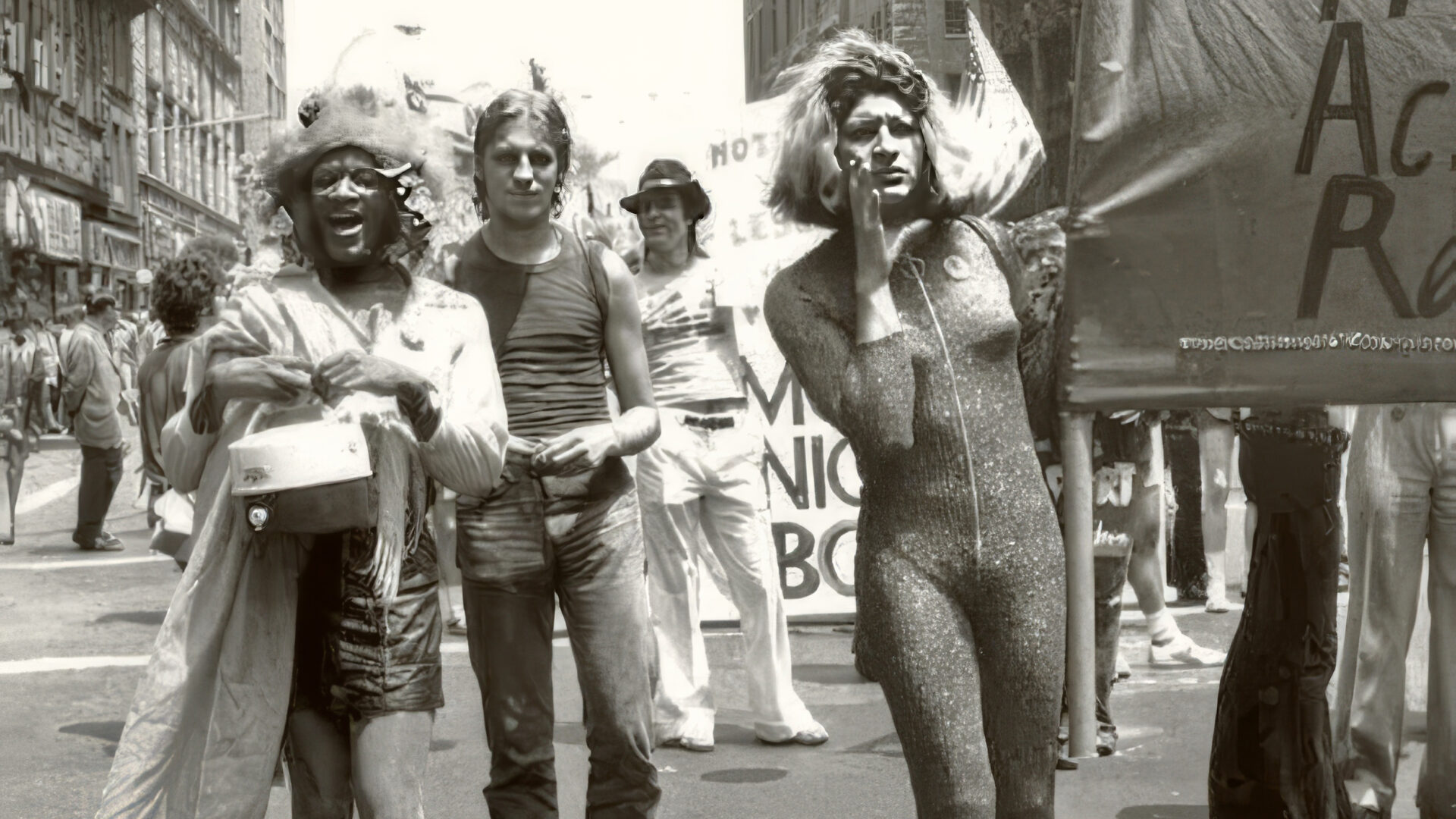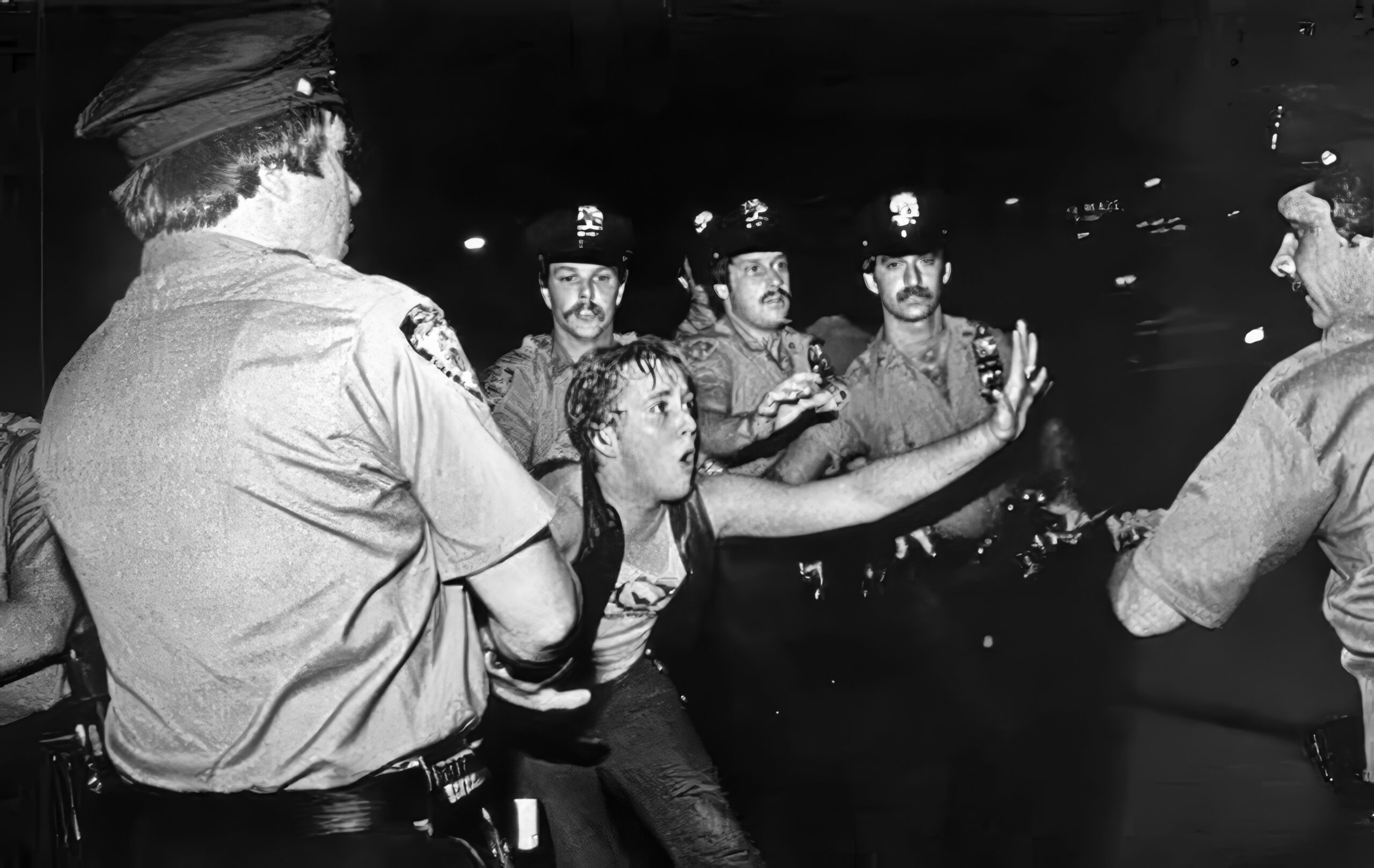It was a sweltering June night in 1969. In the heart of New York’s Greenwich Village, the neon glow of the Stonewall Inn flickered defiantly against the darkened streets. Inside, the usual mix of drag queens, hustlers, and outcasts gathered, seeking refuge from a world that refused to understand them. But that night, history was about to be made.
When police stormed the bar—another routine raid meant to remind TLGBQ+ patrons of their place in society—something different happened. Instead of scattering into the shadows, the people inside fought back. Bricks met batons. Chants drowned out sirens. Fear turned to fury, and silence transformed into a battle cry for justice.
Leading the resistance were people who had long been pushed to the margins—Marsha P. Johnson, a Black transgender woman and activist, who was among the first to take action against the police; Sylvia Rivera, a Latina transgender activist who fought fiercely for the rights of queer and trans people of color; Stormé DeLarverie, a lesbian who many believe threw the first punch; and countless other unnamed heroes who refused to be silent. Their courage in the face of brutality ignited a movement that would forever alter the course of history.
The Stonewall Uprising didn’t just shake the streets of New York—it sent ripples across the country. And though Memphis sat over 800 miles away, those ripples hit the banks of the Mississippi, awakening a spirit of resistance that would change the city forever.
Before Stonewall, Memphis’ TLGBQ+ community largely lived in the shadows. There were bars and gathering spots, but they were often secret, hidden from public view to avoid the ever-looming threat of harassment or violence. The Famous Door (George’s), P&H Café, and Club 240 were more than just watering holes—they were sanctuaries, the only places where being yourself didn’t mean risking everything.
But after Stonewall, something shifted. Charles McKinney and the Memphis Gay Liberation Front took inspiration from the defiant stand in New York and began organizing. The whispers of change turned into voices of power, echoing through underground meetings and late-night strategy sessions. The message was clear: Memphis’ TLGBQ+ community would no longer accept invisibility.
It wasn’t easy. The South has always been a battleground for civil rights, and Memphis—deeply rooted in both resistance and repression—was no exception. For every step forward, there was a reminder that equality wasn’t freely given. But the fight pressed on.
Slowly, the city saw its first Pride celebrations, emerging from those initial acts of defiance. Pride wasn’t just about parades—it was about survival. It was about telling the world, “We are here. We matter. And we are not going anywhere.”
What began with Stonewall had grown into a movement that reached even the most unexpected corners of the country. Memphis, with its bluesy undercurrents and rich history of activism, became a beacon for TLGBQ+ Southerners looking for a place to call home.
Today, Memphis’ TLGBQ+ scene is vibrant, visible, and thriving. But none of it would have been possible without the courage of those who refused to be silenced in the wake of Stonewall. Their resistance laid the foundation for the rights and freedoms the community enjoys today—and their spirit continues to inspire new generations.
The fight isn’t over. Trans rights, racial justice, and protections against discrimination remain urgent battles. But if history has shown us anything, it’s that change is possible when people stand together.
Fifty years later, the echoes of Stonewall still ring loud in Memphis. From the streets of Greenwich Village to the banks of the Mississippi, the message remains the same: we will not be erased.
The Stonewall Uprising wasn’t just about New York—it was about every city where TLGBQ+ people dared to dream of something better. It was about Memphis.
And as we look forward, we honor those who paved the way by continuing the fight, ensuring that the next generation inherits a city—and a world—where love truly knows no bounds.
Pride is not just a celebration—it is a revolution that never ends.

